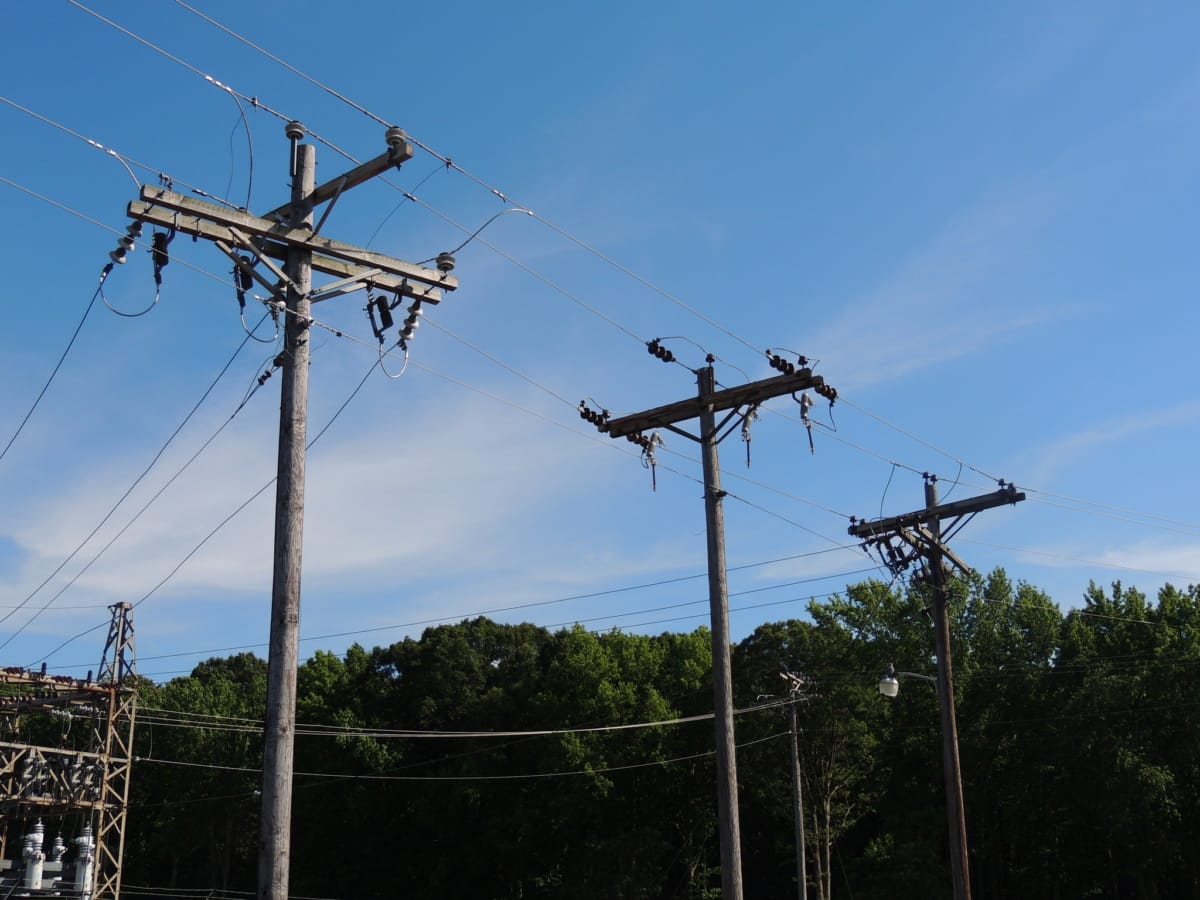USF Cap, New Pew Map, State Support for Electric Co-Ops, IP3 Awards
The Universal Service Fund should be subject to a budget cap, argued Technology Policy Institute Senior Fellows Sarah Oh and Scott Wallsten in a filing to the Federal Communications Commission. “A budget cap will create incentives for the entire USF community to assess the program, experiment with n

The Universal Service Fund should be subject to a budget cap, argued Technology Policy Institute Senior Fellows Sarah Oh and Scott Wallsten in a filing to the Federal Communications Commission.
“A budget cap will create incentives for the entire USF community to assess the program, experiment with new methods of distributing funds such as reverse auctions, and find ways to get more bang for the subsidy buck,” Oh and Wallsten wrote.
The USF has spent over $175 billion over the past 20 years subsidizing telecommunication services. It has also been accumulating surplus funds since 2011.
“The lack of a budget is problematic not just because of the incentives it creates for the inefficiency and continued spending, but because of the regressive fee structure for the collections that support the program, said the Technology Policy Institute in a press release. “Taxes are levied on services such as calling cards and mobile service, regardless of the income-level of the consumer.”
Pew Charitable Trusts launches State Broadband Policy Explorer
The Pew Charitable Trusts launched on Wednesday the State Broadband Policy Explorer illustrating how states across the country are expanding access to broadband.
The tool lets users search categories of broadband programs, competition and regulation, definitions, funding and financing, and infrastructure access. A map graphic shows which states have adopted certain laws, and each entry provides a summary of the policy in addition to a link to the full text.
Increasing number of state laws enabling electric coops to do better broadband
New state laws are enabling electric cooperatives to expand high-speed internet access across the country, signaling a recognition among states that federal efforts alone will not close the digital divide, reported MuniNetworks.
Bills allowing electric cooperatives to deploy communications networks along existing easements have passed this year in Georgia, Maryland, and Colorado, and are pending in Alabama and Texas.
Another bill in North Carolina removed restrictions preventing electric cooperatives from receiving federal funding for broadband process.
Indiana’s electric cooperatives are leading the push with a variety of broadband projects including Rural Electric Membership Corporations in Jackson County, South Central Indiana, Orange County, and Tipmont.
Public Knowledge announces IP3 award winners, for ‘intellectual property, information policy, internet protocol’
Public Knowledge, a public interest group, has announced the winners of this year’s IP3 awards, an annual occasion to honor those who have made significant contributions in the fields of intellectual property, information policy, and internet protocol.
The honorees for 2019 are Starry CEO Chet Kanojia, Disability Advocate Karen Peltz Strauss, Harvard Law Professor Ruth Okediji, and Rep. Mike Doyle, D-Penn.
(Picture of lines from Maryland’s Choptank Electric Co-op by Tonyglen14, used with permission.)










